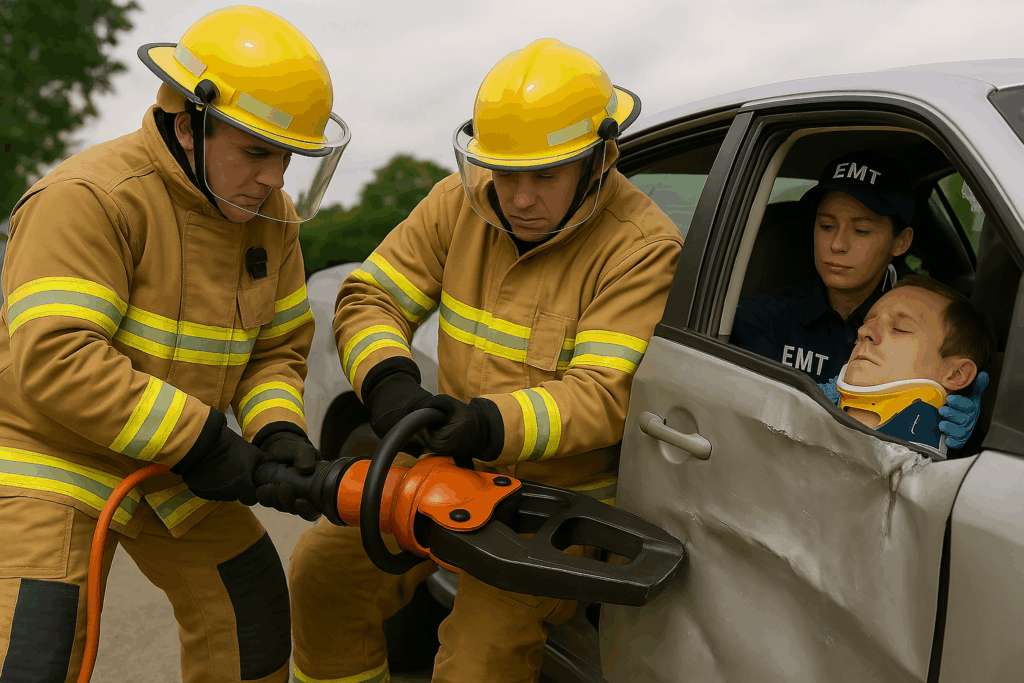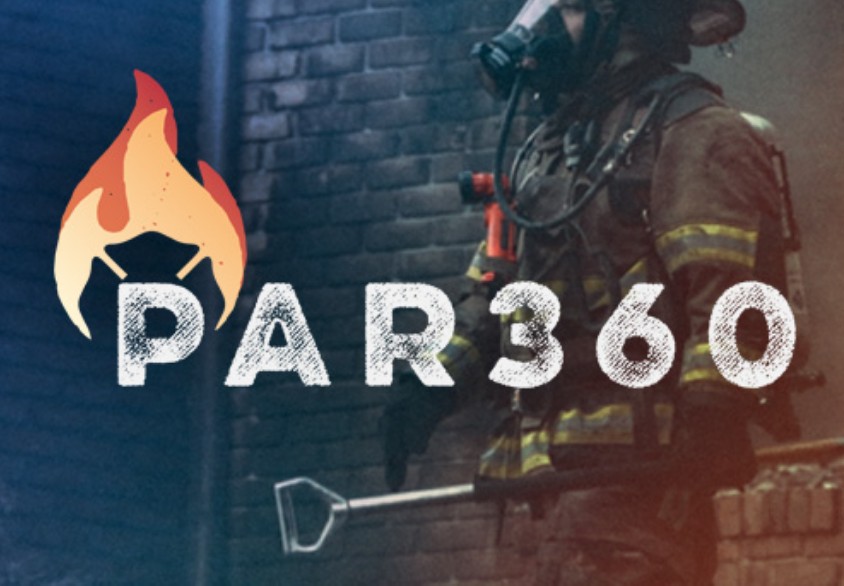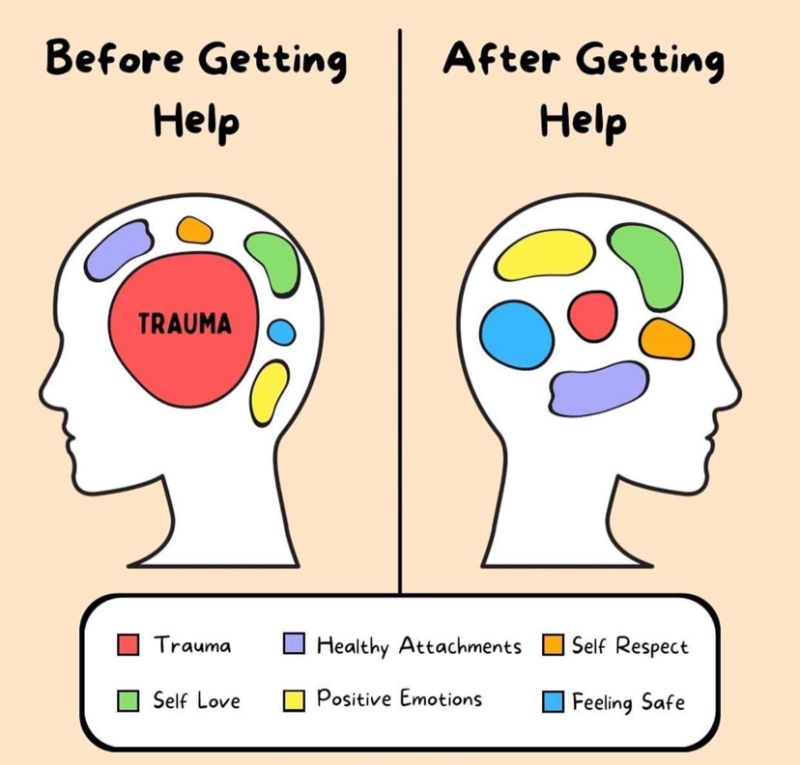By: Margaret Gavian, Ph. D, Guest Blogger

Lately, I’ve been notified of an onslaught of critical calls happening across the departments I serve – multiple suicides, drownings, burn victims, violent scenes, brutal accidents. You name it, it’s happening. These aren’t rookie firefighters or medics either. These are seasoned pros – calm under pressure, sharp, dependable, and darn good at what they do.
But here’s the truth: no matter how experienced you are, your brain and body still “take the hit.” This stuff doesn’t just bounce off you – it lands, it sticks, and it builds up over time. Even when you feel “fine.”
So, if you’re walking off a call or shift like nothing happened…there’s nothing wrong with you, but you might be bypassing the recovery part.
Your nervous system isn’t just going to “shake it off”
It needs time. It needs rest. It needs you to hit the brakes, even briefly, after the storm. What helps right after a crappy call or shift? Here are 5 actions you can take:
1. Stop. Breathe. Unplug – even for 5-10 minutes. Not scrolling. Not driving. Just sit somewhere quiet and let your brain catch up to what your body just did.
2. Hydrate + eat something real. You just dumped adrenaline into your bloodstream. Your body’s running on fumes. Protein, complex carbs, water – they help re-regulate your system.
3. Get horizontal when you can. Even if it’s just 20 minutes. Lying flat helps signal to your nervous system that you’re not in “fight, flight, or freeze mode” anymore.
4. Move your body – gently. Short walk. Stretch. Anything to shift the trauma out of your muscle memory. Doesn’t have to be a gym session–Sometimes hard workouts can actually induce more stress.
5. Sleep is your best medicine. Even if it’s not a full night – stack naps. Prioritize getting solid sleep when you are home, not just tackling the to-do list. Black out the room. Get off your phone. Your brain needs deep sleep to file the experience and dump the stress hormones.
This isn’t about being soft. It’s about being smart and sustainable. We know you’re tough and can manage it. This is about setting yourself up for maximum health in the long-term and preventing the build-up.

No one can keep absorbing call after call and pretend it doesn’t have an effect. You can be tough AND take care of yourself. In fact, if you want to go the distance – you must.
Take the time to be “selfish.” Check on each other. No one rides this job out untouched.
With love and gratitude!
Margaret
About My Guest Blogger
Dr. Margaret Gavian earned her Ph. D in Psychology from the University of Minnesota and is a licensed psychologist in the state of Minnesota. She serves Minnesota’s firefighters, and other first responders, to help them stay resilient in one of the toughest jobs there is.
Over the last 20 years, Dr. Gavian has worked with a vast array of populations who have experienced extreme stress in Israel, Gaza, Kosovo, with FDNY after 9/11, refugees, gang members, firefighters and law enforcement. She’s assisted communities following school shootings, as well as with healthcare professionals, executives, teachers and those with a variety of chronic medical conditions.
Dr. Gavian founded Blue Peak Consulting (www.bluepeak.one) in 2012, and leads trainings for first responders throughout the state about staying mentally healthy, responding to both departments and individuals in crisis. She also supports chiefs, officers, administrators and other leaders as they roll out behavioral health programs aimed at reducing the high levels of stress, burnout, and suicide in first responders through her PAR360 Program (www.par360fire.com).
 Fire & EMS Leader Pro The job of old firefighters is to teach young firefighters how to become old firefighters!
Fire & EMS Leader Pro The job of old firefighters is to teach young firefighters how to become old firefighters!

